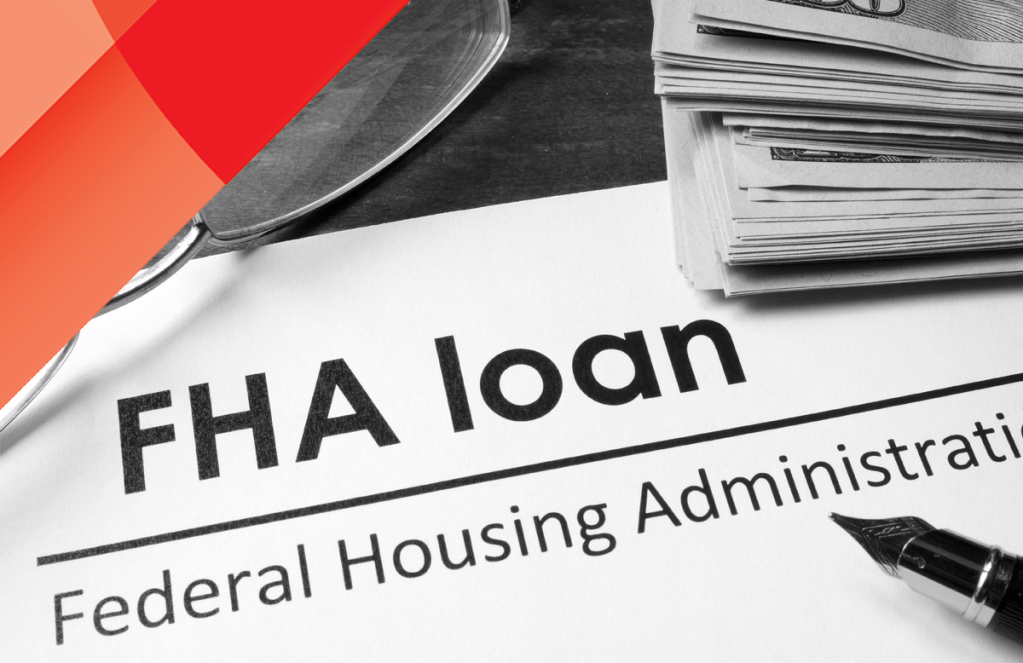
The spectacular and historic spike in interest rates will hurt most homebuyers, but one group is especially vulnerable: FHA borrowers.
Over 80% percent of FHA purchasers are first-time homebuyers, and borrowers of color obtained over 40% of FHA loans last year, according to HUD. The FHA also insured more than twice as many loans to Black and Hispanic borrowers last year as the rest of the mortgage market combined.
As interest rates rise, so do the monthly mortgage payments, which could be problematic for low-to-moderate income borrowers, said Alex Naumovych, loan officer at Draper & Kramer Mortgage.
“Interest rates typically impact FHA borrowers more directly because these borrowers likely have a maximum debt-to-income ratio,” said Naumovych.
A survey published by Freddie Mac on Thursday found that the average purchase mortgage rate reached 4.67%, jumping 25 basis points from the prior week. That was the highest reading since December 2018, the report said. And FHA borrowers on average locked rates at 4.9% on Friday, according to Black Knight’s Optimal Blue OBMMI.
A family that can afford a $2,000 per month mortgage could have borrowed $424,000 at the beginning of March, when rates were about 100 basis points lower, but only about $375,000 at a 4.9% rate.
As interest rates have ballooned over the past couple of months, origination volume of FHA loans dipped, said Randy Howell, president at Mortgage Power, Inc.
“Over the last 90 days there has been a dramatic shift in FHA and VA originations,” said Howell. “We saw FHA originations drop off practically by 90%.”
Multiple LOs told HousingWire that they’ve had to cut pre-approvals for FHA borrowers by about 15% in response to the rise in interest rates.
Mark Westcott, a loan officer at CrossCountry Mortgage, said that borrowers who were pre-qualified at 3.5% a few months prior will have to deal with the reality that they will no longer be able to qualify for the same rate.
“The only guy who isn’t affected by interest rate growth right now is someone who is buying a million-dollar house, putting down 25% to 30%,” Westcott said.
With the housing market still red-hot and inventory at a crisis level, borrowers with cash and conventional almost always win out with sellers. Meanwhile, borrowers with FHA and VA loans often fall to the bottom of the application stack because there is a belief that these loans are more complicated, more onerous for sellers, and less likely to close.
One way to cushion the hurt caused by the rise in interest rates is for the FHA to lower its mortgage insurance premiums, said Brian Chappelle, partner at Potomac Partners, a consulting firm with a focus on the FHA.
Interest rate growth will “affect borrowers at the margin and therefore have a negative impact on FHA business,” he said.
“It underscores the importance of reducing the annual premium (.85%) back to the pre-crisis level of .5%,” said Chappelle. “That will minimize the effect of the interest rate spike.”
Howell echoed similar sentiments, noting that the FHA has been building its Mutual Mortgage Insurance Fund for years to historic levels and can easily afford to lower the premiums.
“For the FHA borrower, I think we’re harming them quite considerably [with the interest rates rising],” Howell said. “To help the problem, HUD can reduce the FHA mortgage insurance premiums, but they’re not doing so, instead they’re saying that they need to build up that cash reserve.”
Earlier last year, the Department of Housing and Urban Development‘s Sec. Marcia Fudge said that there are no plans to lower mortgage insurance premiums in the near future.
HUD officials explained in their annual report to Congress that the reason for this had to do with an elevated number of delinquent borrowers in the FHA portfolio and that foreclosures could cause home prices to drop. As of December 2021, 7.28% of FHA loans were seriously delinquent, down from a seasonally adjusted high of 12.04% in March 2021, according to FHA’s latest report.
“The interest rates have risen so dramatically, that what we’re doing is we’re choking out buyers that would favor FHA,” added Howell. “They already were challenged and needed that program, because of lack of downpayment and perhaps credit scores that needed that extra assistance and with the interest rates rising, the debt ratios are now pushing them even farther out of the housing market.”
The post FHA borrowers are getting hammered by rising rates appeared first on HousingWire.
